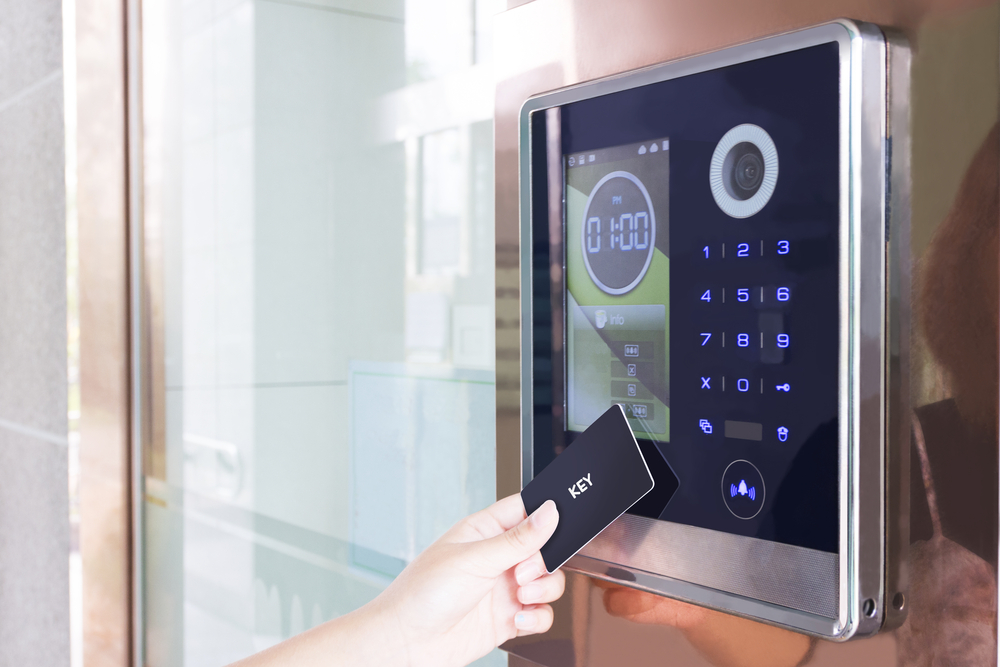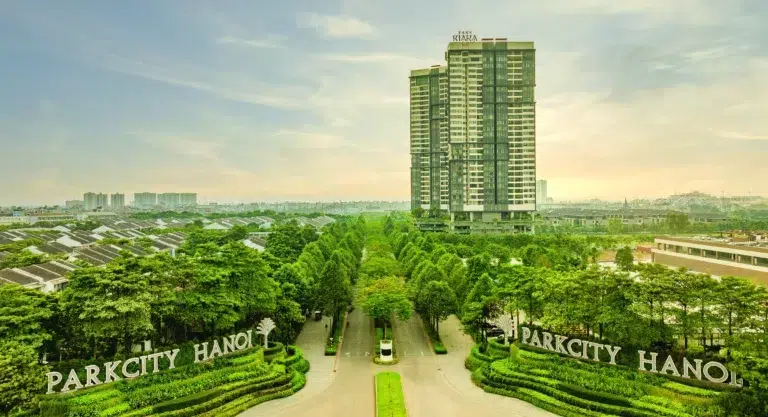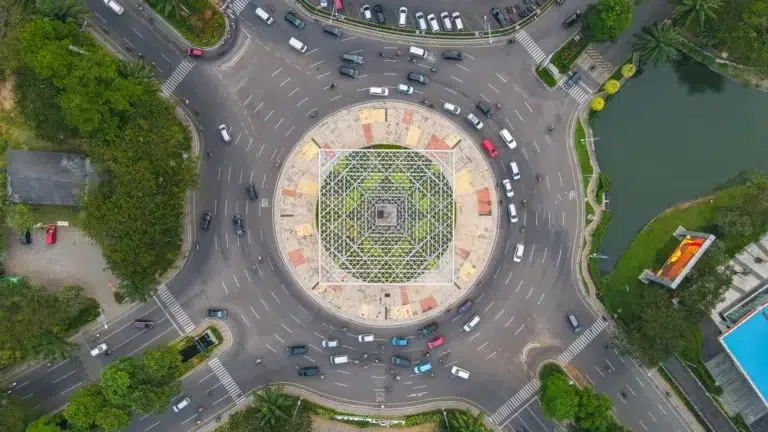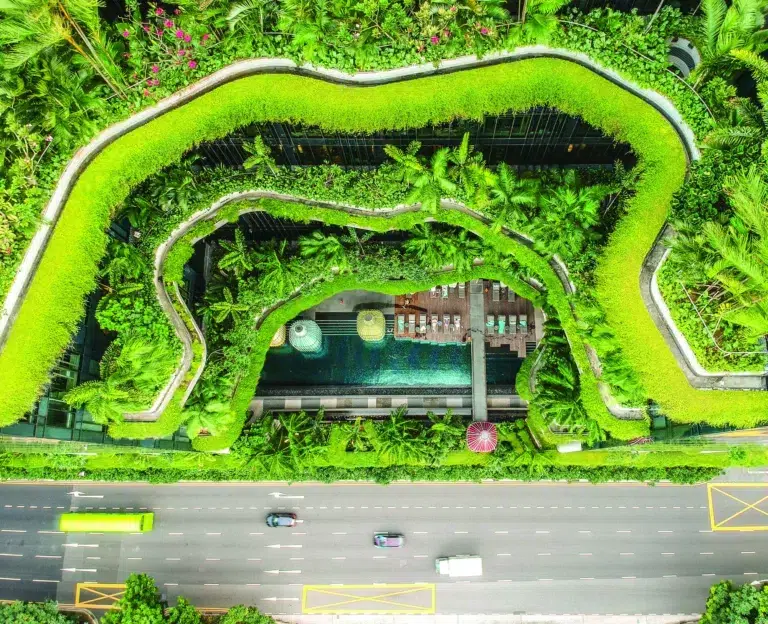The tech-savvy hotel industry rides the waves of change
Cloud, automation, and guest-facing technologies are revolutionising hotel operations and guest experiences in 2023

There has been an advancement in the devices used as hotel technology. Hotel tech provider SiteMinder describes hotel technology as software and tools used by hotels to improve distribution, increase bookings, manage revenue, enhance guest experiences and simplify hotel operations. It includes systems such as online distribution technology, revenue management technology, website and SEO technology, and guest-facing technology.
Alongside hotel technology, there has been cloud technology. It is a dominant force in hotel technology, offering benefits such as cost-effectiveness, time-saving, security, processing power, staff collaboration, and data analysis for developing relevant loyalty programs and pricing plans. Guest-facing technology, including in-room amenities such as free Wi-Fi and entertainment, directly affects guests’ experiences, and hotels need to meet the expectations of travellers to provide unique experiences and the simple things done right.
Hotel and cloud technology have been incorporated into multiple hotels due to the 2023 growth in leisure travel, which is expected to level off but remain strong, with higher demand in the business, group, and international travel segments picking up the slack. According to the hospitality technology partner Cloudbeds, there will also be a shift in demographics as younger generations take the place of Boomers. This would affect the trends seen within the industry.
Related: Is your hotel doing right by the environment?
Five hotel trends that will be prevalent in this year are value-driven decision-making, virtual front desks, blended travel or “bleisure,” automation technology, and flexible bookings. These trends reflect the changes in consumer behaviour and preferences that have emerged during the pandemic and will continue to shape the industry in the years to come.
These new trends and changing factors led to the adoption of technology in daily operations to provide a seamless experience for customers, as stated by software company Zesium. Hotels can employ enterprise resource planning (ERP) systems to manage activities such as accounting, project or workforce management, and supply chain. ERP systems help managers handle vital functions, enabling them to review critical business information and reports.
Because of these changes, guests expect quick and contactless experiences, and hotels can offer mobile apps or chatbots to provide personalised offers and promotions. Hotels that use chatbots have reported benefits such as an increase in direct bookings, streamlined check-ins and check-outs, and 24-hour reception.
Communication platforms can also enable cross-department communication to respond to guest requests more efficiently, providing an improved guest experience. Technology has facilitated easy communication, and the Internet has enabled businesses to market their products and services globally at low costs, tailoring to the needs of customers.
The Property Report editors wrote this article. For more information, email: [email protected].
Recommended
Hanoi’s Park Kiara redefines urban living with green, people-centric design
Park Kiara in Hanoi is a repudiation of low-density, car-dependent suburban sprawl
ARES White Paper Volume 3: The era of adaptive reinvention
Pioneering sustainable and innovative practices in urban development
ARES White Paper Volume 2: Unravelling the power of data revolution in real estate
Insights on proptech, smart cities, and sustainable development
ARES Digital White Paper Volume 1: The fundamentals of responsible building
Green and climate heroes join forces to discuss how Asia Pacific can weather the current environmental crises and the looming effects of climate change






